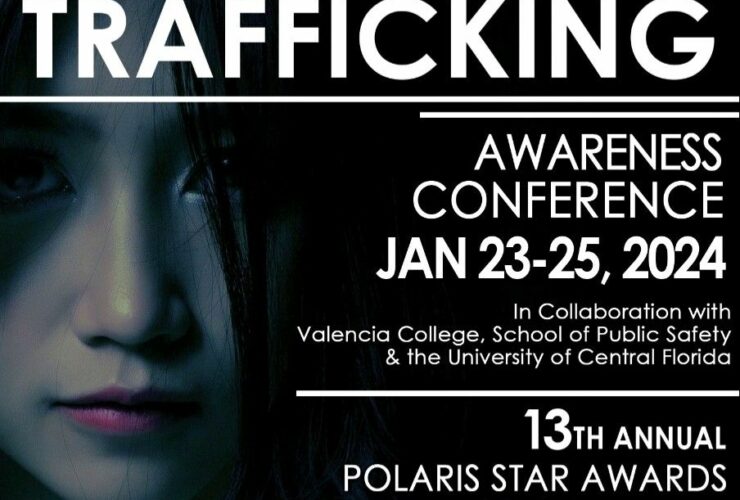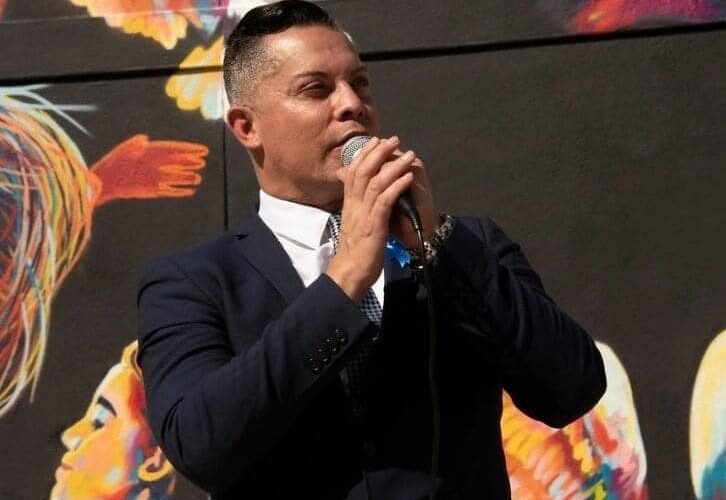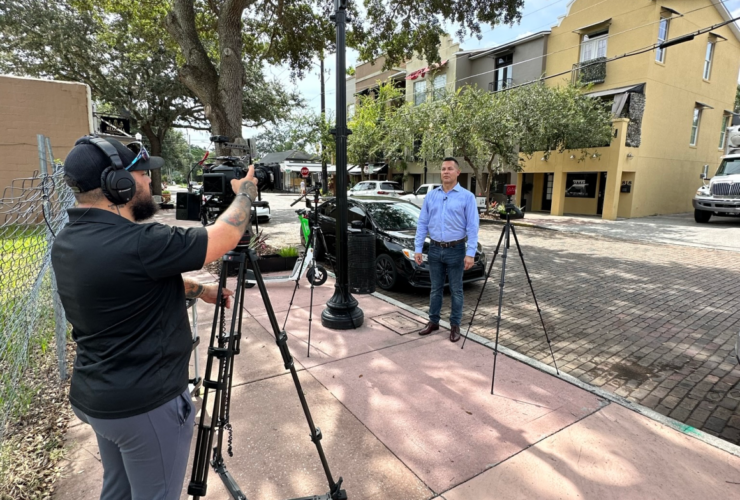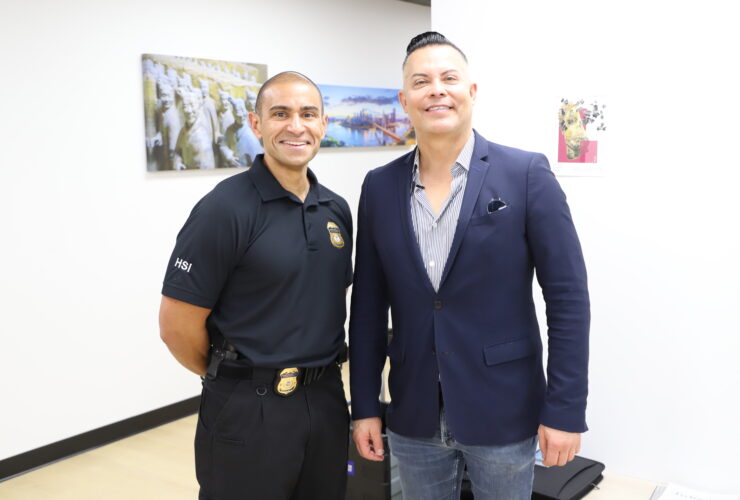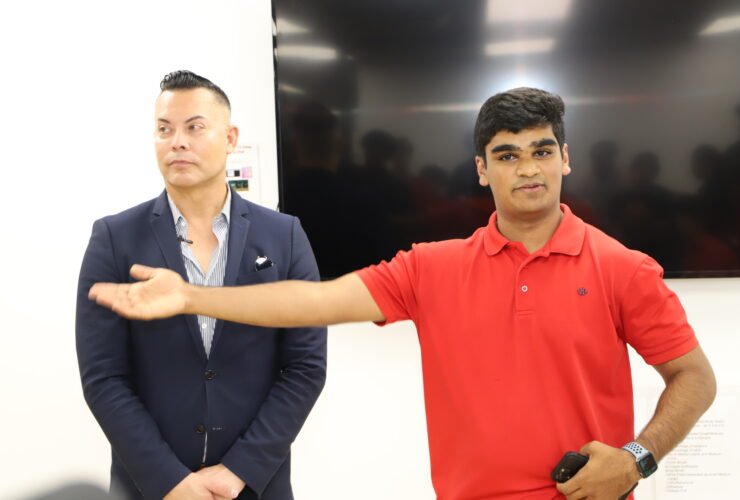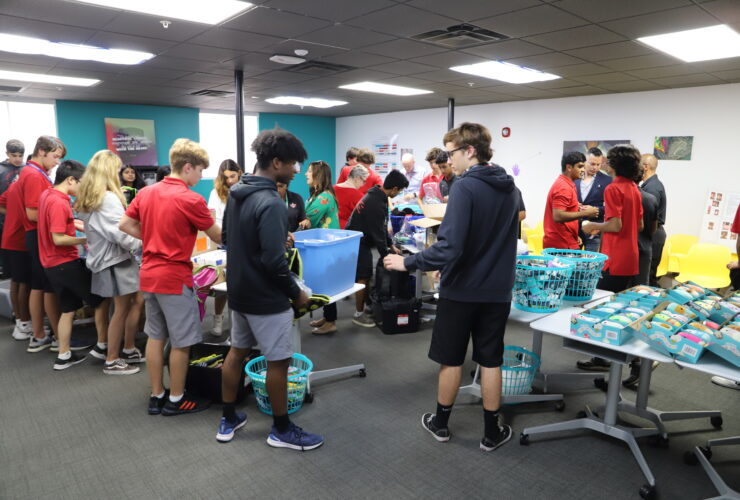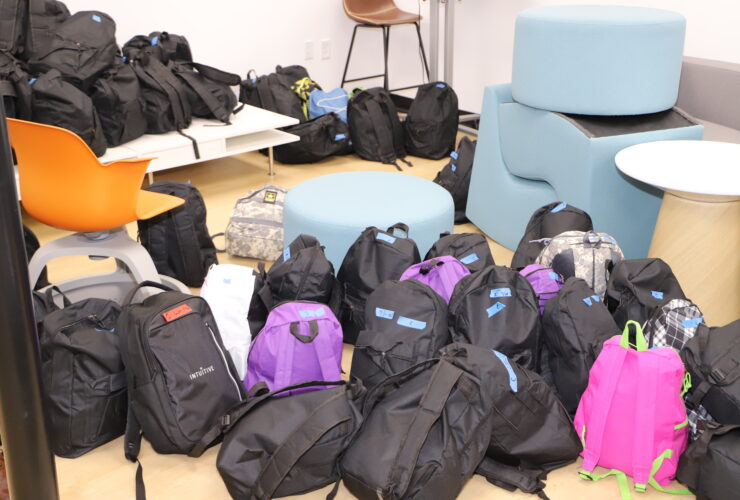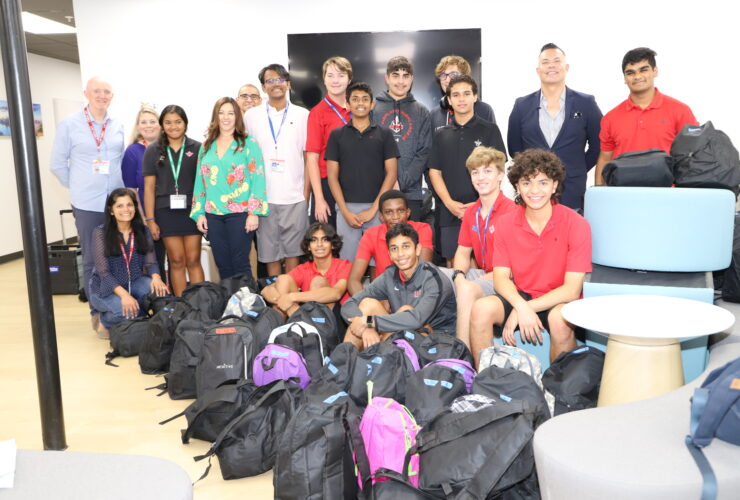FAQ
- UNDERSTANDING THE CAUSE
Frequently Asked Questions
From the definition of human trafficking to our mission as United Abolitionists, we answer your pressing questions. Learn more and join us with informed dedication.
Simply put, human trafficking is the exploitation of an individual for profit.
According to the United Nations:
Article 3, paragraph (a) of the Protocol to Prevent, Suppress and Punish Trafficking in Persons defines Trafficking in Persons as the recruitment, transportation, transfer, harbouring or receipt of persons, by means of the threat or use of force or other forms of coercion, of abduction, of fraud, of deception, of the abuse of power or of a position of vulnerability or of the giving or receiving of payments or benefits to achieve the consent of a person having control over another person, for the purpose of exploitation.
According to the United Nations, the most common form of human trafficking is sexual exploitation (79%), followed by forced labour (18%). Other forms of human trafficking could include domestic servitude, exploitation of children to perform forced begging or forced warfare, or forced child marriage.
Victims can be any age or any gender, however a disproportionate number are women and children.
Every year, human traffickers generate billions of dollars in profits by victimizing millions of people in the United States and around the world. Traffickers are estimated to exploit 40.3 million victims with as many as 15 million victims in forced marriage.
This is a market-driven criminal industry – based on the principles of supply and demand, like drug trafficking. Unfortunately, for traffickers, this business is low risk and high profit. While penalties have begun to increase in recent years, traffickers still perceive the high profit of owning and controlling a person and selling them for sex or forced labor to be worth the risk of possible detection.
Until we see more harsh penalties for this crime (changes in laws), human trafficking will continue to flourish in environments where traffickers can reap monetary gains with relatively low risk or getting caught or losing profits. We also need more law enforcement training, more law enforcement investigation, and less social blaming of victims. Victim recovery services are scarce and victims are treated like criminals themselves which often creates a cycle where they return to their trafficker for security after being arrested for prostitution.
A person who is actively working to stop human trafficking, otherwise known as modern-day slavery.
Ending modern-day human slavery. We are first responders to the national human trafficking crisis. We are the leading agency in the U.S. connecting all organizations and resources necessary to educate, prevent, rescue and rehabilitate in the fight against modern-day slavery and exploitation.
We have seen the incontrovertible truth that modern-day slavery exists, and we choose to act every day to end the devastating effects of human trafficking.
Individuals, businesses, community organizations, and faith groups who share our passion to stop human trafficking. Join us by volunteering or financially supporting our efforts today!
Slavery doesn’t discriminate. It exists in every nation on earth and its victims are male and female, young and old, healthy and handicapped, from various ethnic backgrounds, and all economic levels.
People are bought and sold in our community. UA is dedicated to addressing the crime in ‘our own backyard.’ We do this through our impact at every step of the cycle — from education and awareness to victim services and recovery support.
The call to do justice crosses all faith lines. Communities of faith can be very strong allies in the fight for freedom. We welcome and seek partnerships with all faith communities who recognize the call to stop human trafficking. We are proud to partner with many churches and synagogues who live out God’s love and justice to those in need.
No. UA is strictly nonpartisan and does not endorse candidates or political parties.
SUBSCRIBE
Be an Ally in the Fight Against Trafficking. Join our network of passionate abolitionists by subscribing to our updates and newsletters.

